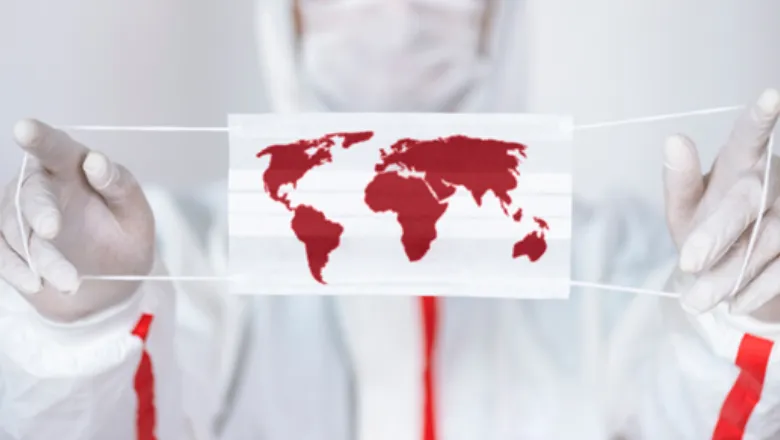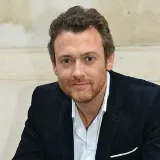We hope that this will encourage collaborating centres to collect data on what vaccines are being given to cancer patients and collect blood samples to enable a proper analysis of efficacy of these different vaccines across different populations.
Professor Richard Sullivan, School of Cancer & Pharmaceutical Sciences
04 May 2021
Researchers investigate the use of COVID-19 vaccines for cancer patients across the globe
There is a need to understand which countries are using what type of vaccine for cancer patients and cancer healthcare professionals.

There has been a huge range of COVID-19 vaccines rolled out around the world, but arguably little understanding of which countries are using which vaccines for their cancer patients and registered healthcare professionals.
A team of researchers from the School of Cancer & Pharmaceutical Sciences, led by Professor Richard Sullivan, wanted to investigate whether cancer patients were being prioritised with vaccine rollout, and whether most countries had an adequate supply of vaccines.
Using members of the COVID-19 and Cancer Global Taskforce – which began its work at the start of the pandemic - the team rapidly assessed a range of countries, from high income countries such as New Zealand and the UK, to lower income countries such as Zambia, and even countries with immense conflict, such as Syria.
Whist most countries (67%) were found to have national vaccination strategies, these were often not similar. There were also significant disparities in access to the vaccines, and countries at differing stages of vaccinating their cancer populations.
IN addition, there was a lack of insight into how well each vaccine works for cancer patients, a finding that corroborates trial results from Dr Sheeba Irshad, also from the School of Cancer & Pharmaceutical Sciences, where it was shown that more than half of cancer patients receiving a single dose of the Pfizer COVID-19 vaccine were left with little protection against the virus.
The researchers note that their next steps are to secure funding to conduct clinical-biological studies and build their Taskforce into a medium-term research platform to study the impact of the pandemic, recovery, and future resilience, with regards to cancer.
Most of all, this work speaks to the huge inequalities in just accessing any vaccine for most cancer patients. We add our voices to the urgent need to solve this.
Professor Richard Sullivan, School of Cancer & Pharmaceutical Sciences
Read the full paper published in the Lancet Oncology.

